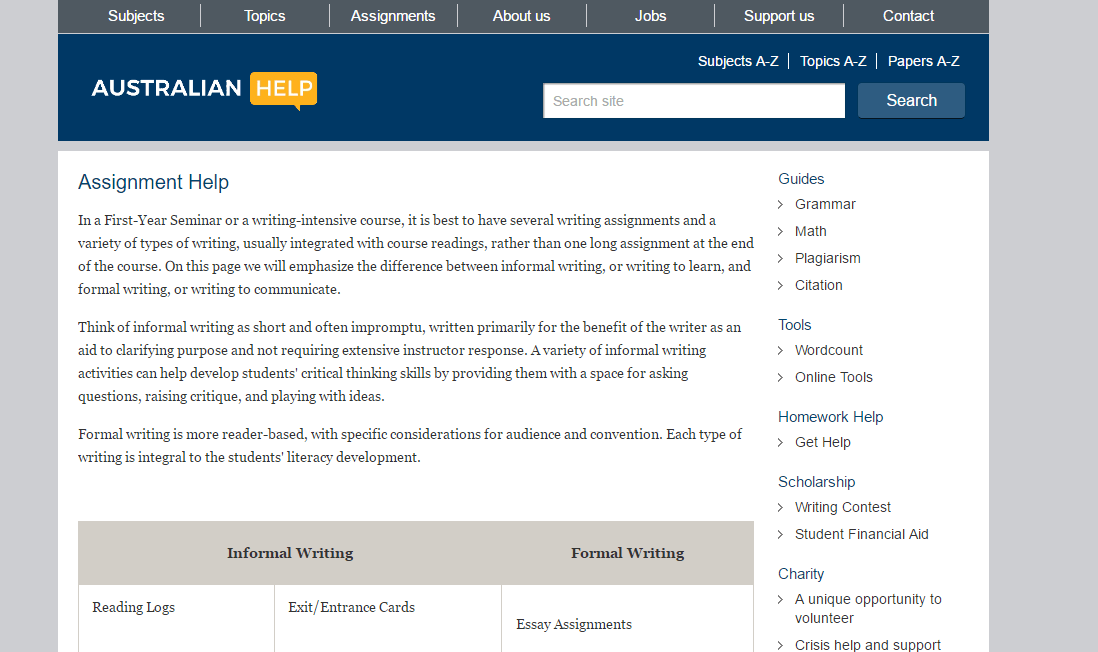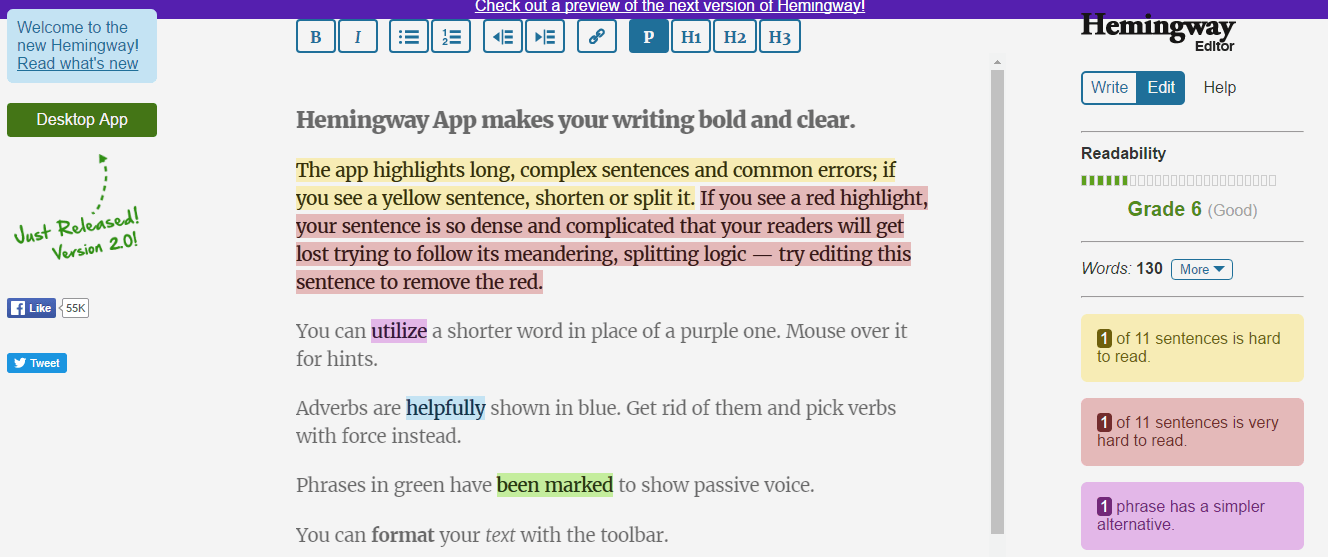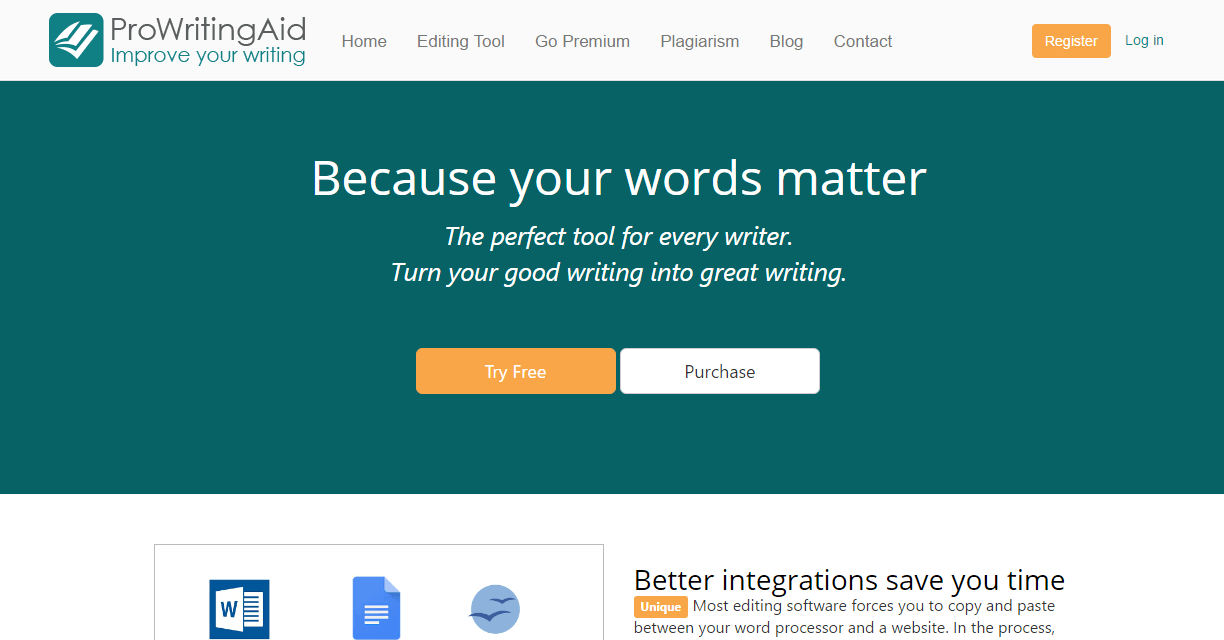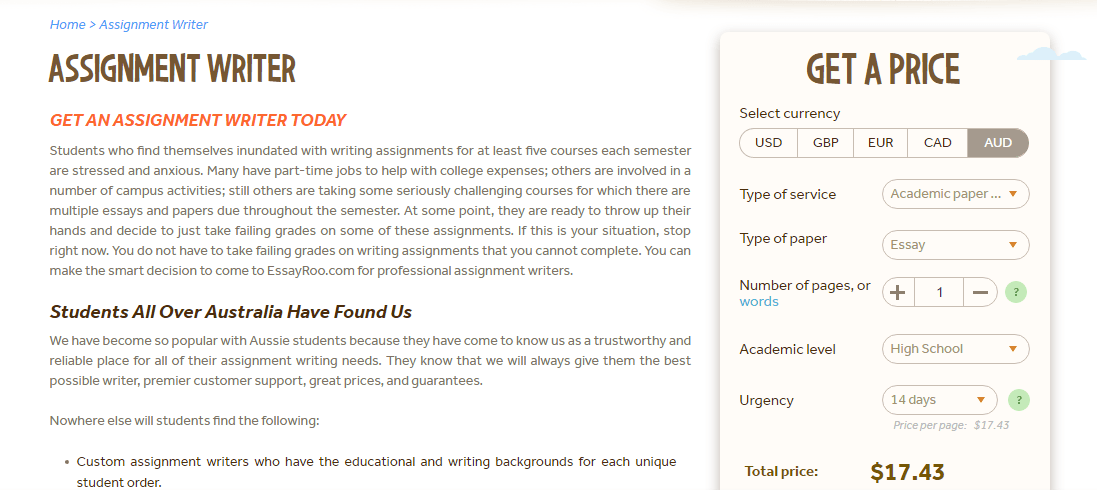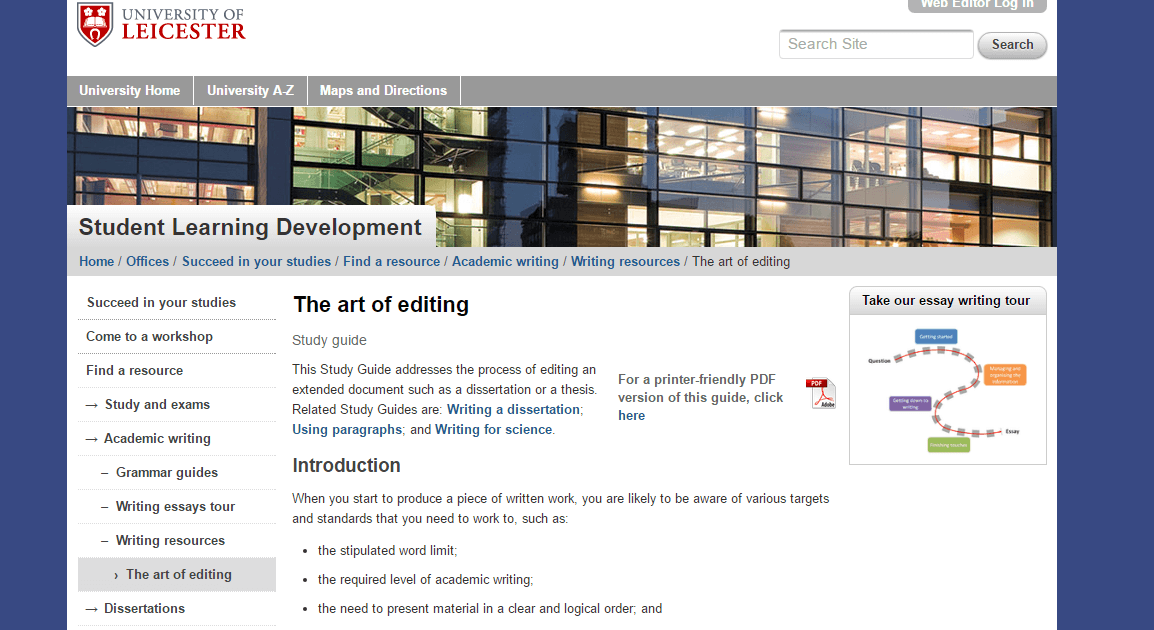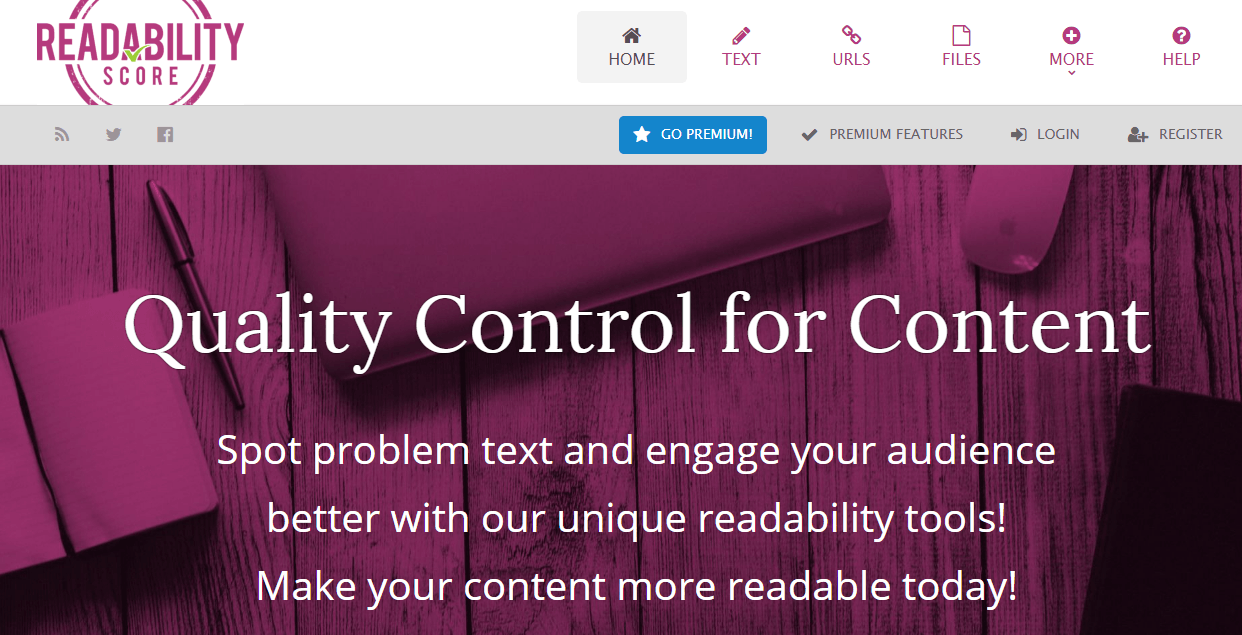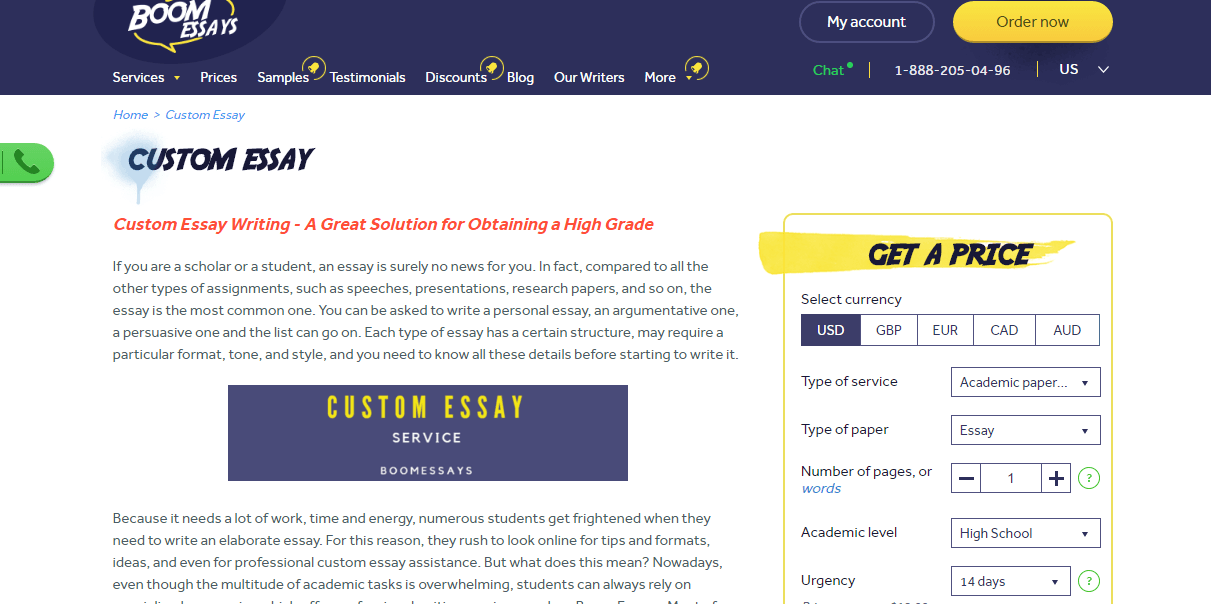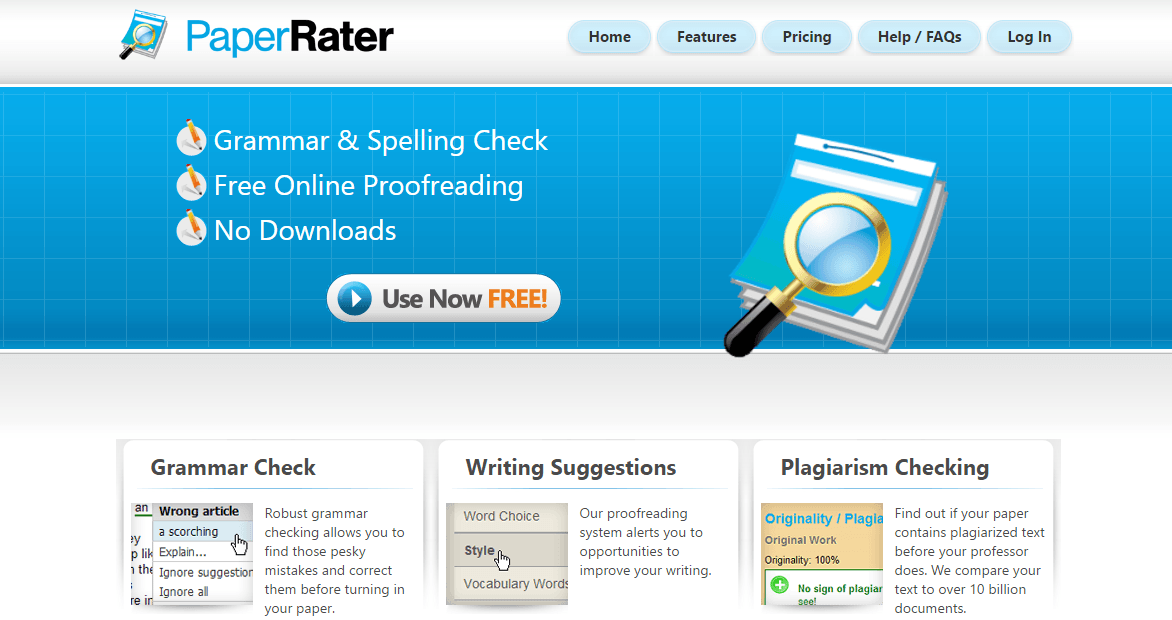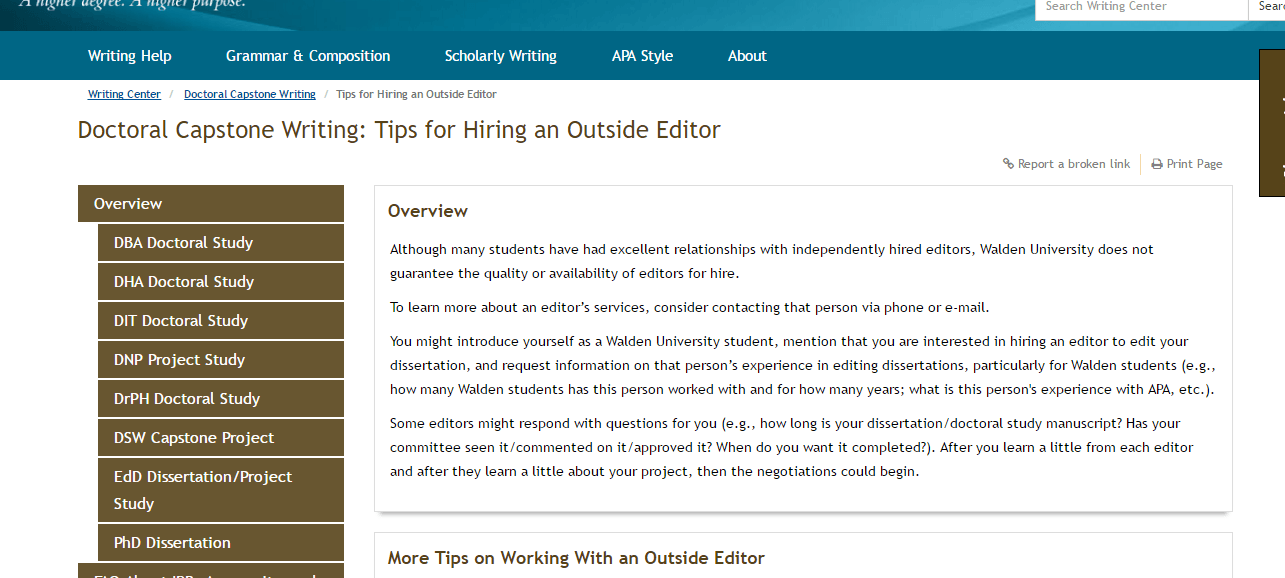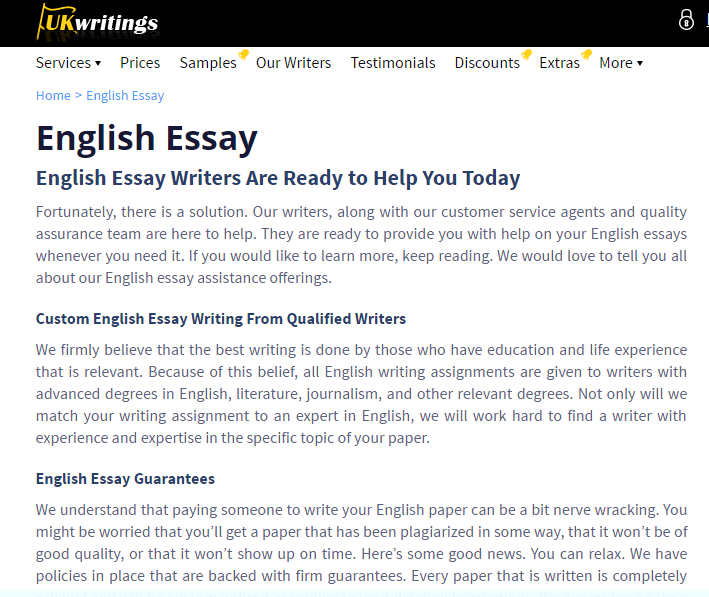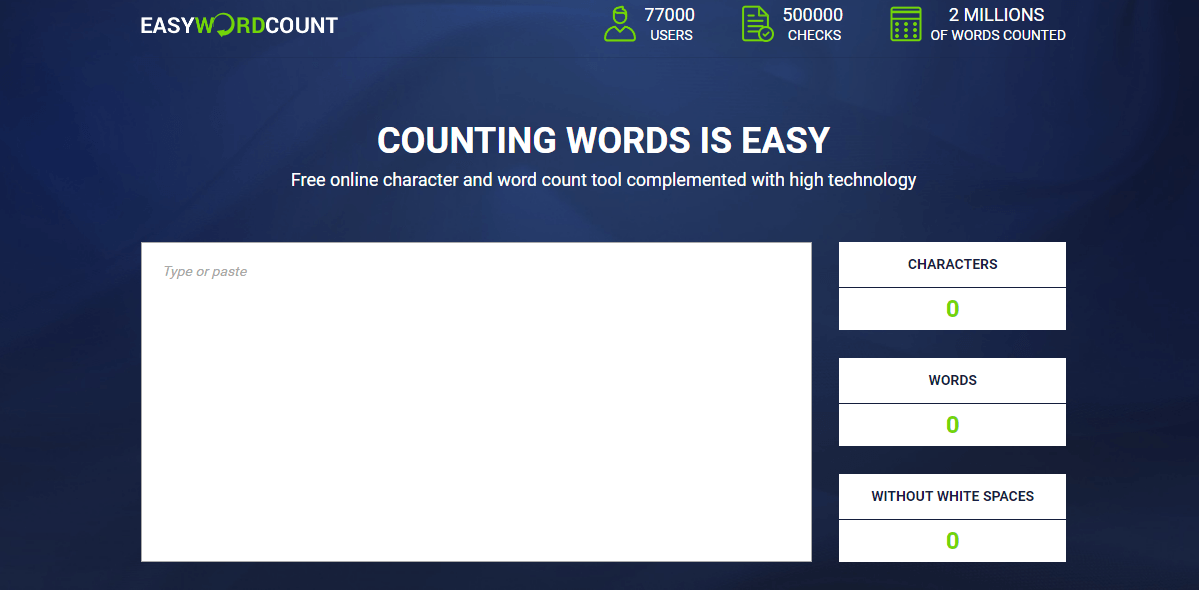Academic writing is a major part of graduate school and academic research, where standards are understandably high. This skill will have been developed over the course of your previous studies, and by now you will have some solid experience in producing good writing. However, knowing that your writing is about to be judged at a higher level and to exacting standards can be daunting, which is why having some steps to follow to ensure the quality of your essay can help anyone succeed.
At a graduate or faculty level you are dealing with complex topics and in-depth research – and once you’ve put together a solid thesis with plenty of supporting evidence, you may feel like you’ve done all that’s required of you. However, one of the main areas that everyone struggles with is polishing their writing. What happens when you have amazing content supported by reliable references, but you still aren’t getting high marks, or being recognised as an authority in your field?
It could be that your actual writing is letting you down. Editing and proofreading are skills that don’t always come as easily as researching your material. A polished essay is essential to gain high marks.
Don’t worry. Help is available. Below is a list of the top resources available online now right now to help you polish your writing and hit those high grades.
1. Assignment Help
One of the most important parts of the editing process is ensuring that you haven’t accidentally plagiarised a source you have used. A huge element of any Master’s degree is the thesis, and this is meant to be a completely original topic, and your own original ideas. While you may use many quotes, any signs that this isn’t entirely your own work could result in an outright fail, and your graduate school career is over. Your professor will likely check your work for plagiarism, so being caught out, even for an accident, is possible. Faculty writing is equally scrutinised before publication to prevent any embarrassment, copyright infringements, or claims of stolen intellectual property. This site runs a full plagiarism check to ensure that nothing will raise red flags for your professor, or editors of academic journals who will check the work they publish.
The site is particularly useful as it also has online study tools and grammar guides to help you with your essay. It has a word count function to double check that your essay hits its word count, and to illustrate how many words you need to add or cut through the editing process.
2. Hemingwayapp
Graduate students and faculty writers deal with ideas and concepts that will be long, complex, and hard to explain. However, no matter what your topic is, your sentences should not be long, complicated, and hard to read. Your essay should be easy to read and understand. The Hemingway App is a tool that focuses on structure. Could you break your sentences down to make them more readable? Remove redundant language? This app has the answers.
3. Prowritingaid
As a Master’s thesis can easily be over 20,000 words long, copying and pasting can be a challenge. Faculty writing can be even longer, depending on the topic, and as some sites have a limit on the words they can analyse, you could end up in the tedious process of analysing chunks of your work at a time. You could also end up sitting waiting forever while the pasted content is checked. This site is grad-student and faculty user friendly, as it allows you to submit your essay in its current format rather than having to copy and paste it in. It checks readability and grammar, highlighting bad word choices and repetitive points and words.
4. Essayroo
This service will give you a professional proofread ensuring that your spelling, punctuation and grammar are all on point. Privacy and security is guaranteed, so none of your research is at risk of theft, plus their proof readers all hold a master’s or PhD in their fields. This means your work is being reviewed by a peer, who is qualified to review writing at this high level, and who fully understands the subject, and the expected tone and content.
5. The art of editing
This site is managed by the University of Leicester so you know it offers sound advice. This page offers a full guide to editing with useful advice on what to do and what not to do. As this is run by an academic institution, it lends itself well to both graduate students – who can see what their professors want – and also for faculty writers, who don’t want to make a faux pas before their peers.
6. Readability-score
This site gives your prose a score based on how readable it is. The higher the score the better the flow. It offers hints and advice on what to change to improve your score. It is important to bear in mind here that the people who will be reading graduate students’ theses or academic journals will generally have a very high reading level, and so you shouldn’t aim to overly simplify your work.
7. Boomessays
This service will do the editing for you. As it is aimed specifically at essays, the editors behind the website understand the components needed to make a good essay. You can even input the academic level you are working at to ensure it isn’t over simplified. As Master’s and Doctoral level work is covered, you can be sure that the structure, language, and tone of your essay will be entirely appropriate.
8. Paperrater
This service checks grammar and suggests changes to improve the flow of your work. It also runs a plagiarism check to ensure that you haven’t accidentally plagiarised a source. Referencing documents as lengthy as faculty writing for academic journals and Master’s theses can easily contain a small mistake in a quote, or a section too similar to someone else’s work. Using this tool avoids losing credibility when your paper is checked after submission.
9. Tips for Hiring an Outside Editor
This site offers some advice on what to do if you want to hire an outside editor. It details some of the questions you should ask and allows you to negotiate with editors. This is extremely helpful for graduate students who have unresponsive supervisors, or who want a second opinion, or for faculty writers exploring a topic that nobody else at the university is an expert on. It is natural to feel more comfortable sharing your work with an outsider, so this may encourage more back and forth and better drafts, which can only be a good thing.
10. Ukwritings
This is another site offering proofreading services that are carried out by qualified proof readers, and can be tailored to a Master’s or Doctoral level. In no way would your academic writing be dumbed down by using this service.
11. Easy Wordcount
When you have finished the editing process, you can use this site to ensure that your completed essay still hits the word count. No one wants to risk losing vital marks on their graduate school thesis by being too far under or over a word count – and no faculty writer wants to risk publication for the same reason either!
By using one or more of these tools, you are giving yourself a much better chance of success when it comes to writing your academic essays. These services can all be tailored to specifically meet the needs of the highest levels of academic writing, and the professionals involved are eminently qualified to review the work. They are all quick and easy to use and their user friendly nature takes the pain out of the editing and proofreading process.
And while editing any document is a pain, it is by far preferable to being a faculty writer with discredited research, or a graduate student accused of plagiarism. It is worth using these tools to ensure there will be no issues with your academic writing. It’s also worth the confidence you get from knowing you have produced the highest quality essay possible, as accepting editing help just contributes to making your content and ideas clearer and stronger.
Featured photo credit: Wokandapix via pixabay.com

